Bletchley Park was the home of the British code breaking operation during World War II and the birth place of the world’s first computer, the Colossus. The significance of the work done here can not be overstated, it shortened the war by as much as 2 to 4 years. Sir Winston Churchill referred to the code breakers as ‘the geese that laid the golden eggs and never cackled’ and ordered ‘Action this day! Make sure they have all they want on extreme priority…!’ General Eisenhower said that their work was ‘of priceless value….. saving the lives of thousands.’
Our visit to Bletchley was made more poignant, by being there two days before the 70th anniversary of the D Day landings, the success of which was in large part due to Bletchley feeding false intelligence about the landing location to the Nazis. Visiting it for another time was no less of a remarkable and humbling experience than before………… we have so much to be thankful for.
The mansion house, built as a private home in 1870’s, was the military headquarters and recreational building during the war.

These gates were Bletchley Park’s main entrance during the war. Each day thousands of staff, mostly women, arrived here by foot, bicycle or bus from Bletchley and surrounding villages. At its peak the numbers working here reached ten thousand!

Bletchley Park ran 24 hours a day and its secret operations were never breached. Those that worked there, casually explained that they were doing ‘boring office work for the war effort’. Few questions were asked of them, maybe because the entire country was plastered with posters like these, warning of the dangers of ‘careless talk’.


People worked in these hastily constructed huts which often had poor light, were draughty and very cold in the winter and airless and stuffy during the warmer months.
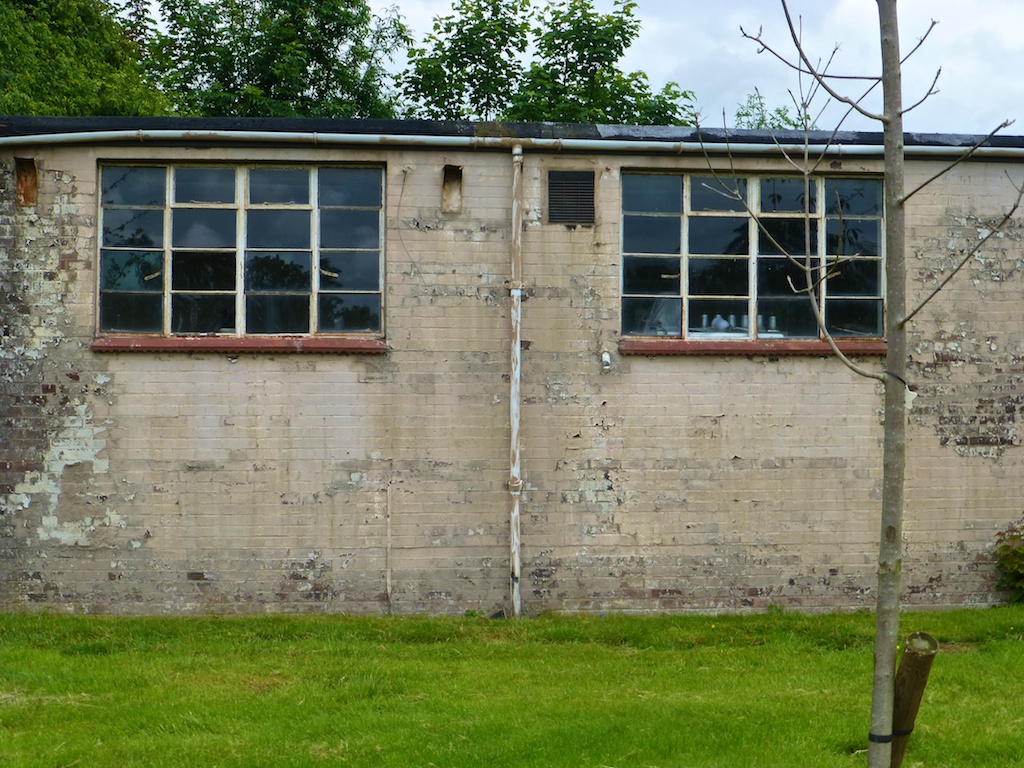
The women at work in Bletchley Park
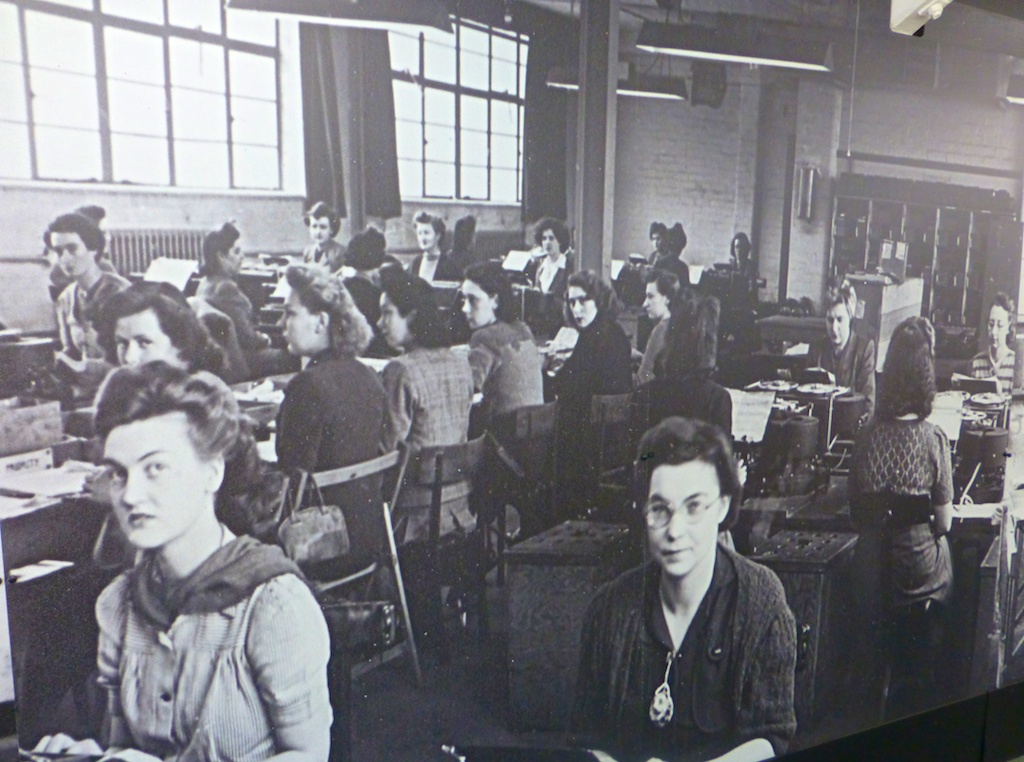
Restoration work at Bletchley Park is on going. 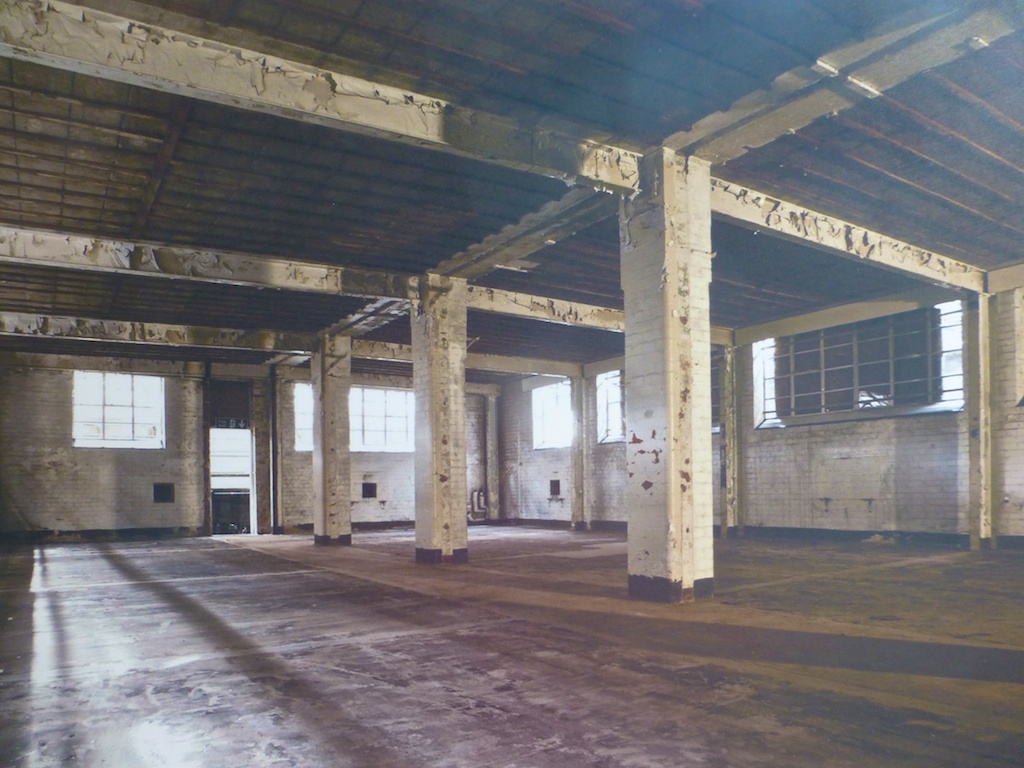
Until this summer, Bletchley Park’s  Huts 6 and 3 were both derelict but they have now been restored to their wartime condition.
Huts 6 and 3 were both derelict but they have now been restored to their wartime condition.
Hut 6, built in January 1940, was used to decrypt German army and air force enigma messages. These messages were then passed to hut 3 for translation & analysis.
Inside the restored huts

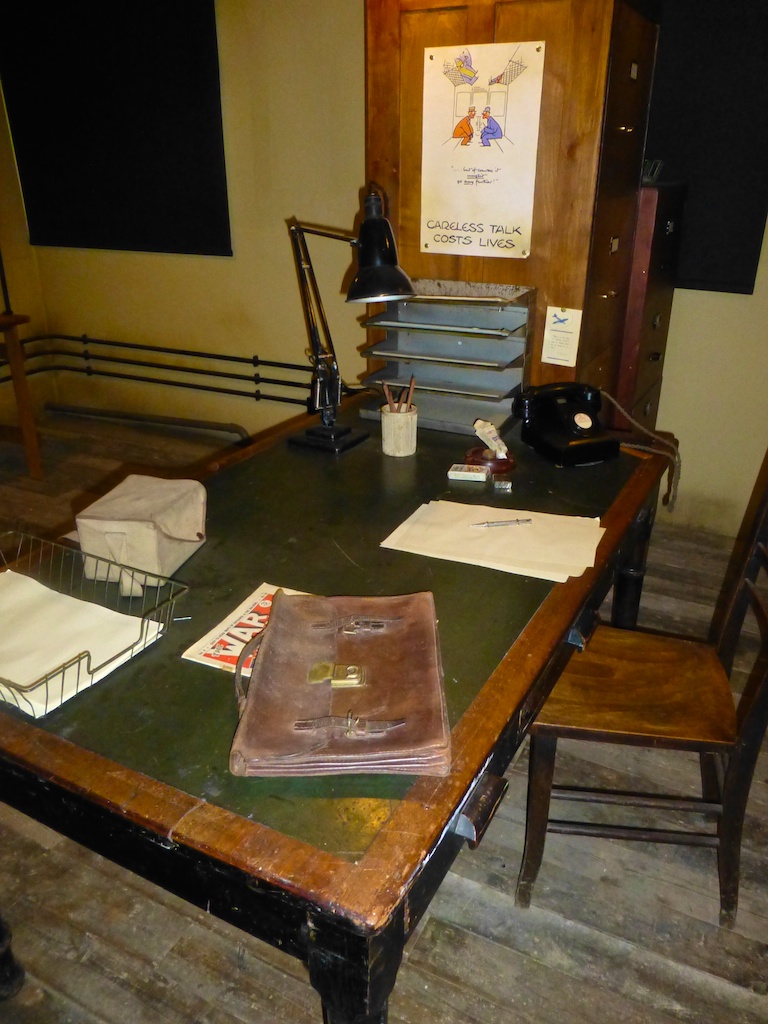
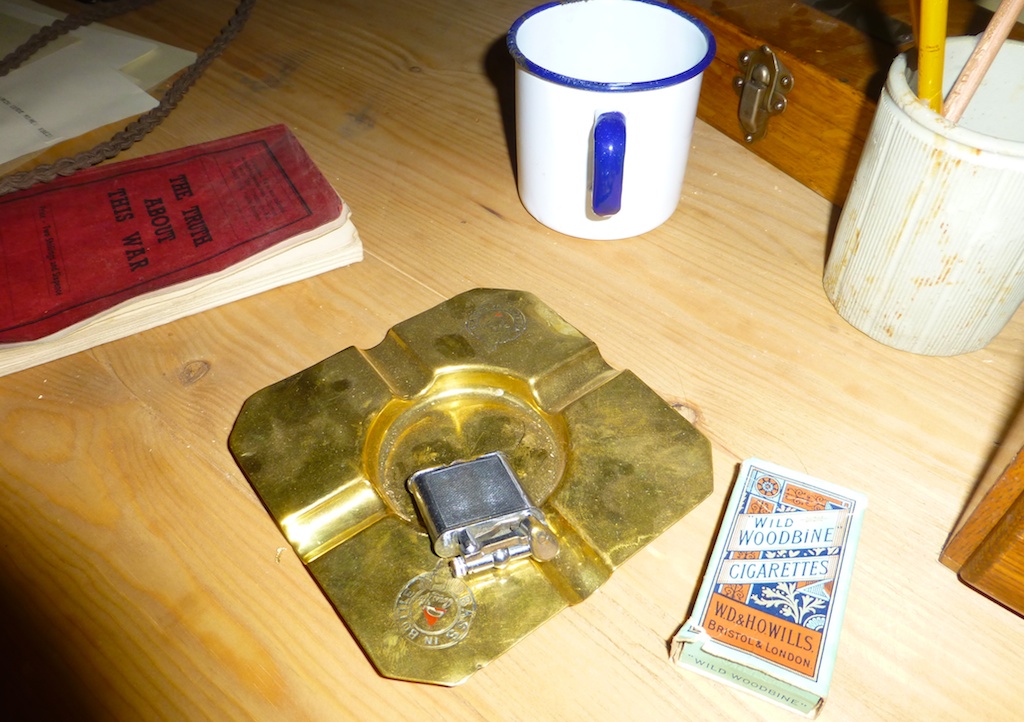
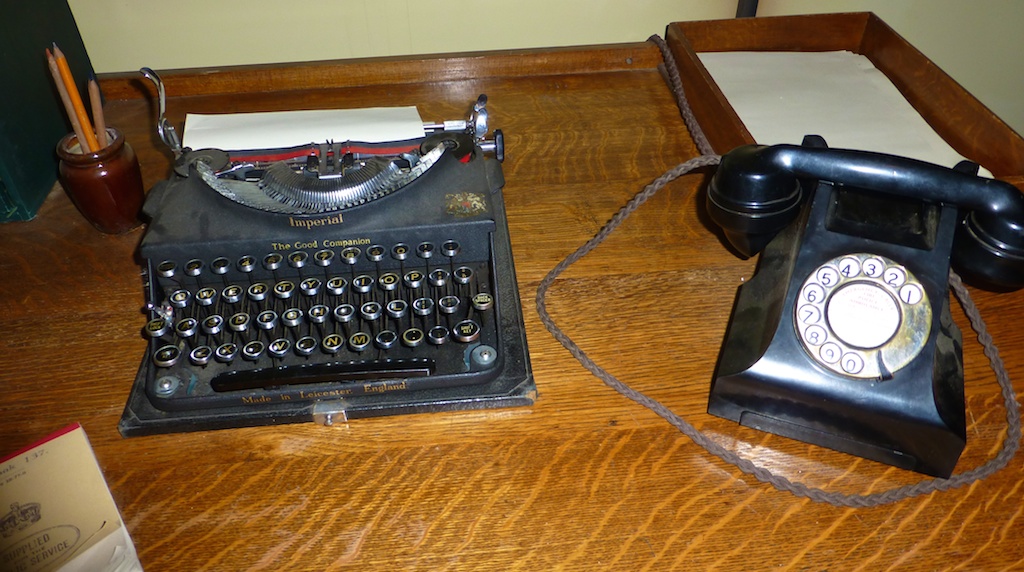
World War II Type X machines at Bletchley Park, used to encode encrypted messages.
Bletchley Park was chosen because of its proximity to London and the brilliant minds at Oxford and Cambridge Universities, to which there were good train connections. Some of the key players at Bletchley were ‘stolen’ from here!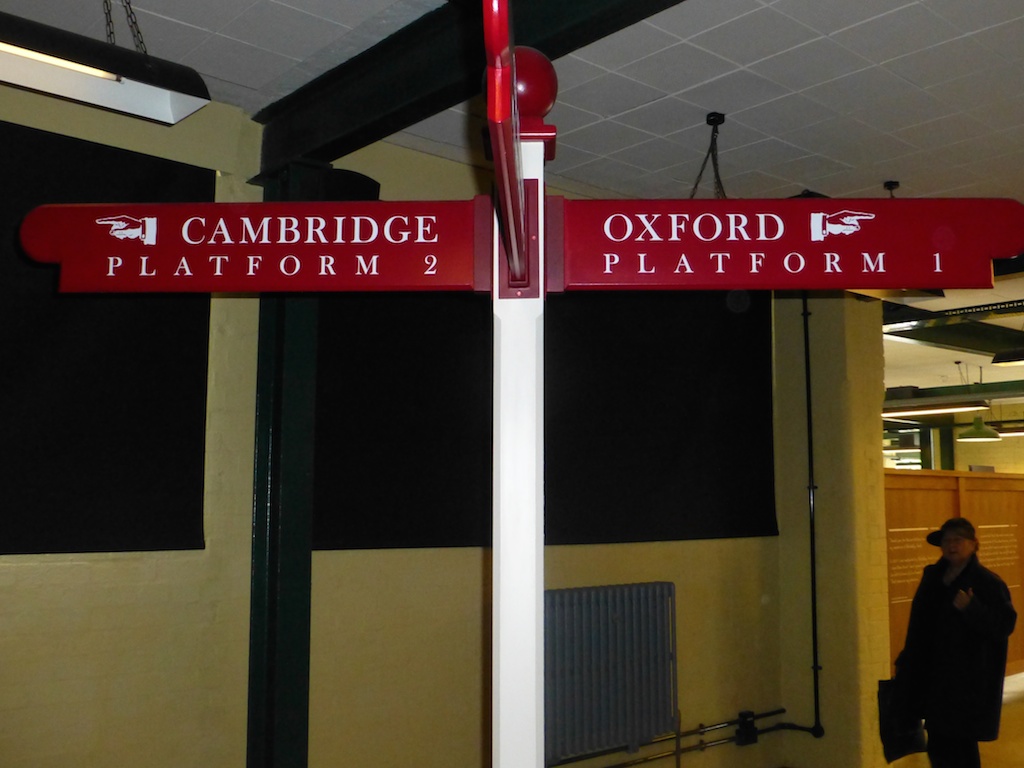
Perhaps the most famous of these was Alan Turing, the inventor of the Colossus. Tragically, despite his magnificent achievements, Turing was imprisoned after the war, for being a homosexual and in 1954 he committed suicide. Only in 2013, on December 24th, was Turing granted a royal pardon by Queen Elizabeth II in recognition of his and his colleagues’ work at Bletchley Park and their contribution to our modern, digital age.
Today ‘Google’ is one of the main contributors to the restoration work at Bletchley.

The Colossus has been reconstructed, this is the back of the machine showing some of its mechanisms.
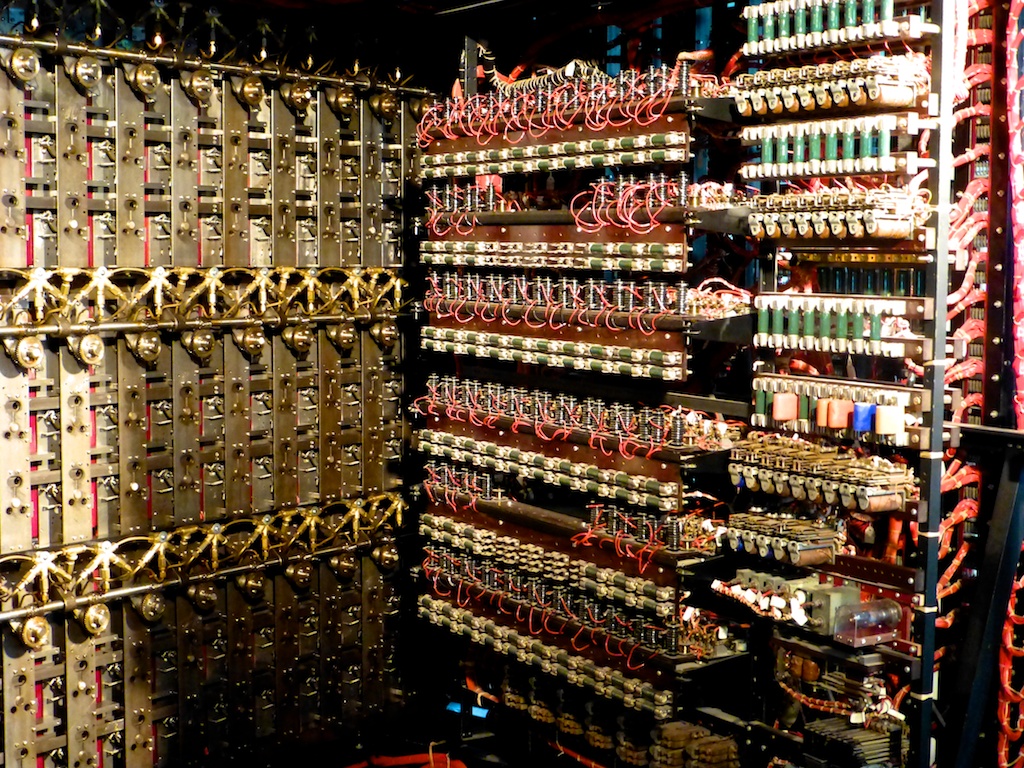
Turing’s initial great achievement, together with Gordon Welchman, was the invention of the ‘The Bombe’ used to break the Engima code. The Enigma Machine was used by the Nazis to transmit their messages.
In July 1939 three Polish mathematicians; Marian Rejewski, Henryk Zygalski and Jerzy Rozycki, who had worked on Enigma, shared their knowledge with the British and French, speeding up the cracking of its code by many months.

The other famous person who liaised with Bletchley intelligence during the war effort was Ian Fleming who worked for MI6. Much of the inspiration for James Bond, ‘007’ was derived from Fleming’s work at Bletchley Park.
The people who worked at Bletchley and what they achieved for the war effort will never be forgotten. To this day one marvels at how so many people guarded and kept the secrets they held. One veteran Chris Hayes recalled “I was told to report to Bletchley railway station, and walk up to the main house for an interview. I was not told of the nature of the work before I got there and have kept quiet about it for the past fifty years.”
It was a time of unprecedented circumstances when thousands of ordinary people were called upon to do extraordinary things, those ‘ordinary’ people possessed both courage and honor; we owe our freedom to their collective efforts.



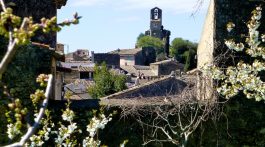

No Comment